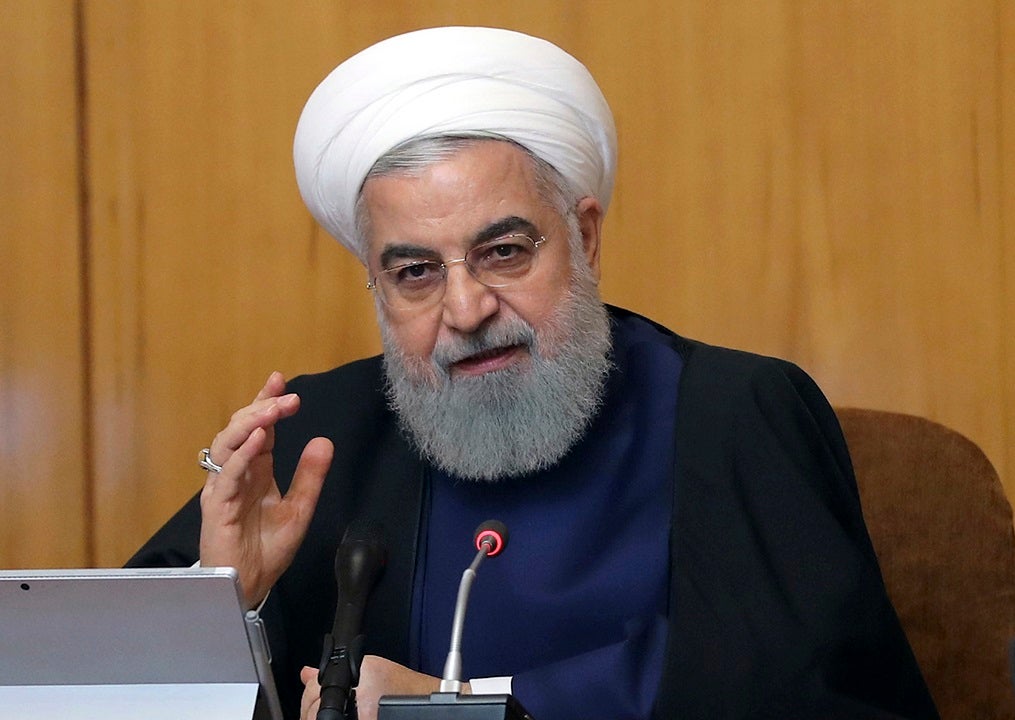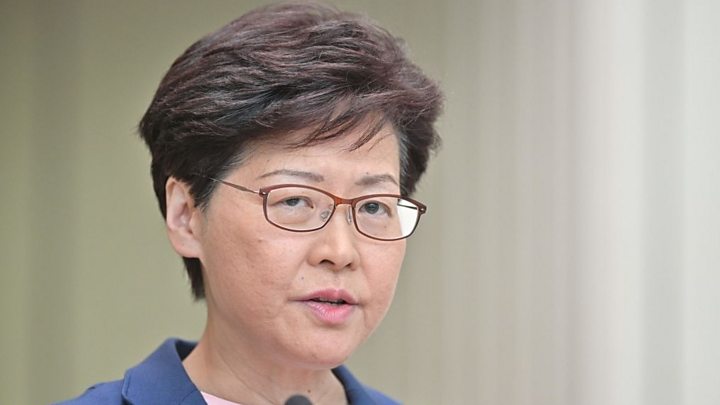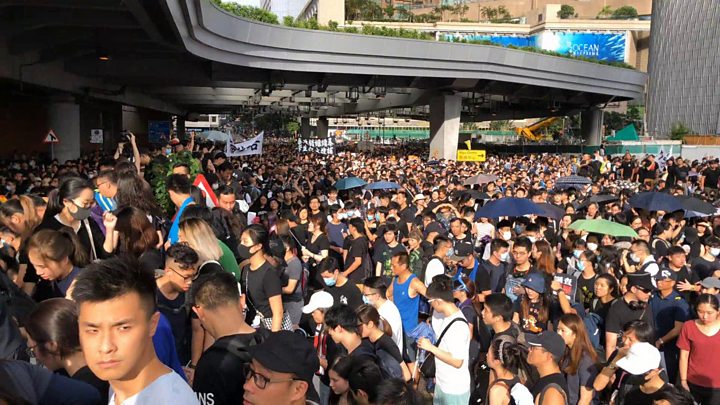HONG KONG — Hong Kong leader Carrie Lam on Tuesday said a bill that would allow extraditions to mainland China is effectively “dead” and conceded that her government’s work on the issue was a “complete failure,” responding to sustained public anger over a proposal that sparked massive protests in the city over recent weeks.
Still, she declined to formally withdraw the bill from the legislative agenda or meet protesters’ other demands, such as an independent inquiry into police use of force in quelling demonstrations.
The Hong Kong government has “put a stop to” the legislative process around the bill, she said, dismissing fears that the legislature will restart the process at a later date.
“I reiterate here, there is no such plan,” she said. “The bill is dead.”
The battle over the extradition bill has posed a serious test of Lam’s leadership — and a challenge for Beijing — as Hong Kongers have publicly resisted what many here perceived as an attack on the territory’s cherished freedoms and autonomy. Protesters have occupied major roads and confronted riot police in a series of clashes.
[Hong Kong leader offers apology after second massive march against extradition proposal]
The crisis has exposed deep concerns about the Hong Kong government’s legitimacy and worries over Beijing’s increasing control of the financial hub.
Lam said her decision to suspend rather than withdraw the bill and her refusal to meet other demands have “nothing to do with my own pride or arrogance.” Instead, they are “practical” responses that will allow Hong Kong to move ahead, she said.
She appealed for Hong Kongers to trust her administration.
“Give us the time and room for us to take Hong Kong out of the current impasse,” Lam said.
Her comments Tuesday were the first since she held a 4 a.m. news conference after protesters occupied Hong Kong’s legislature on the anniversary of the former British colony’s 1997 handover to China.
The swelling movement in Hong Kong has grown to encompass a widespread sentiment that the territory’s government does not work for its people but exists to advance an agenda set by Beijing. Lam has said that her government will work to seek out voices of the young, who have driven the most radical protest tactics in recent weeks, and reiterated her promise for a more open style of governance.
[Protesters storm Hong Kong streets over China extradition bill]
Other pro-Beijing voices have acknowledged that an end to Hong Kong’s recurring political crises — another erupted in 2014 over calls for universal suffrage — would not be possible without an overhaul of the political system. The city’s leader is selected by a 1,200-person committee out of a pool of candidates approved by Beijing, and only half of its 70-seat legislature is directly elected.
“The government needs a radical shake-up, both in its mind-set, and its policies and systems, or Hong Kong’s days as a vibrant, and above all, safe, city of Asia will be numbered,” wrote Regina Ip, a pro-Beijing lawmaker and member of Hong Kong’s cabinet, in an opinion piece for the South China Morning Post newspaper.
Lam detailed no such changes Tuesday, but she acknowledged that both the extradition-bill protests and the 2014 pro-democracy demonstrations have exposed rifts in Hong Kong society.
“This time, I don’t think we could continue to ignore those fundamental and deep-seated problems,” she said.
Like her predecessors, Lam has become emblematic of the problem for many who have taken to the streets in Hong Kong, angered by her responses to the discord. At one point, she compared governing to parenting and said she could not give in to her son’s demands every time. Those comments prompted chants during rallies of “Carrie Lam is not my mother!”
The chief executive has declined to step down, but on Tuesday she reiterated an earlier public apology.
“I have tendered my most sincere apology for the disturbances and tensions and confrontations caused by our work,” she said, later adding that she has the “passion and the sense of duty to serve the Hong Kong people.”
[For China, a growing conundrum: What to do about Hong Kong?]
Bonnie Leung, a leader of the Civil Human Rights Front, a group that planned some of the protests, said Lam’s comments were not new and did not meet demands.
“The same thing being said over and over again doesn’t make it any better or mean anything more,” she said.
In Hong Kong, withdrawing a bill that has already been planned for the legislative agenda involves a separate legal process.
“However, she only said the bill is ‘dead.’ We cannot find the word ‘dead’ in any of the laws in Hong Kong, or in any legal proceedings in the Legislative Council,” Leung added, referring to the city’s lawmaking body.
Joshua Wong, a prominent young activist, added in a tweet that Lam’s declaration was a “ridiculous lie.”
“The crux does not lie in the word play, whether ‘suspend’ or ‘withdraw,’ I think the key is whether she would promise not to initiate the bill again during her term,” he wrote. “She has to make it clear.”
Read more
Why protesters rage on, even though they cannot win
Masks, cash and apps: How Hong Kong protesters find ways to outwit the surveillance state
Today’s coverage from Post correspondents around the world
Like Washington Post World on Facebook and stay updated on foreign news
Let's block ads! (Why?)
https://www.washingtonpost.com/world/hong-kong-leader-says-china-extradition-bill-is-dead-but-not-fully-withdrawn/2019/07/09/edf2ec2e-a1ef-11e9-a767-d7ab84aef3e9_story.html
2019-07-09 10:30:00Z
52780327996319





